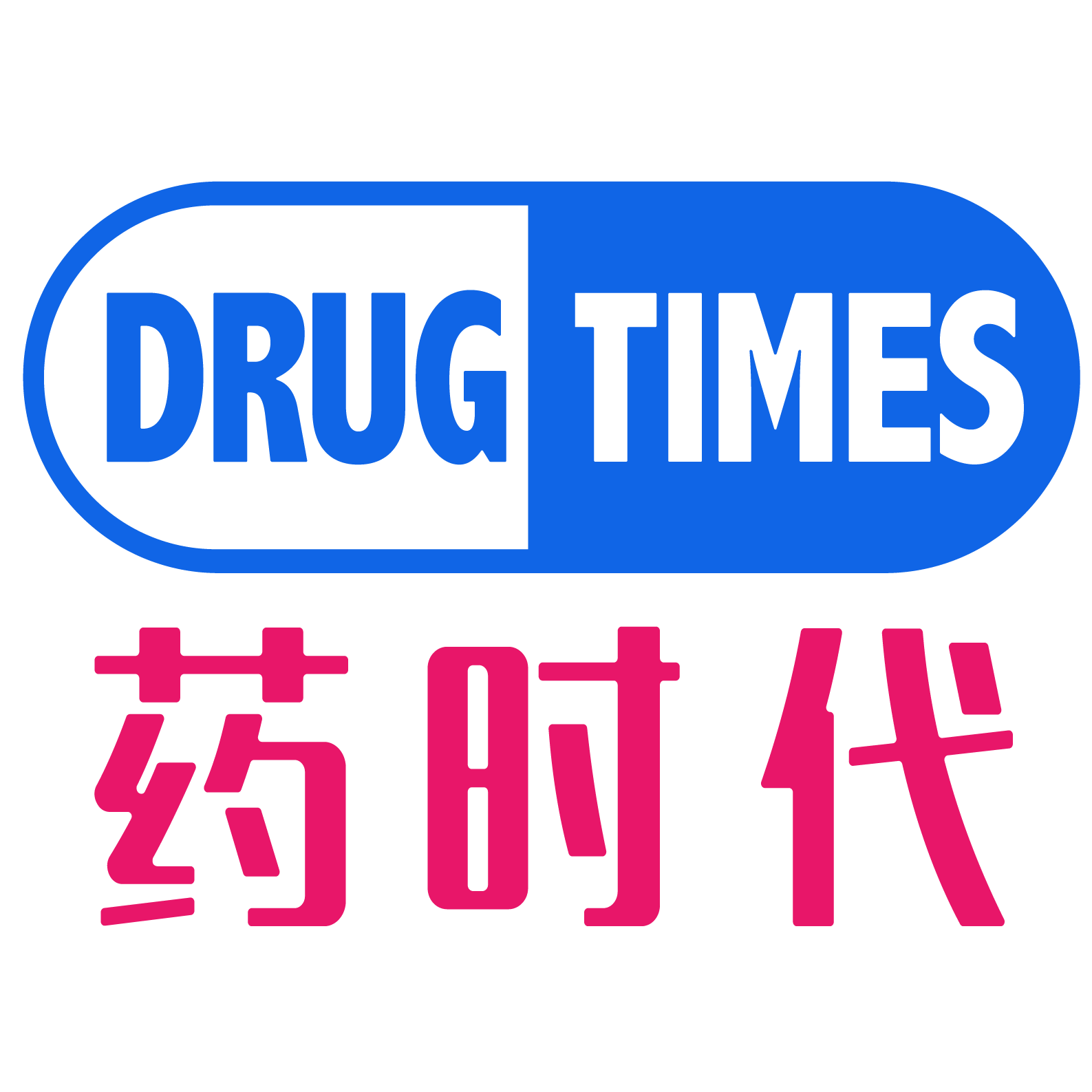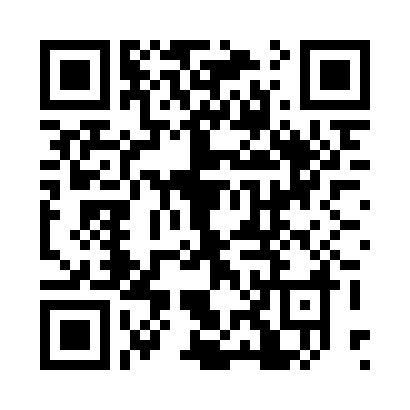
01 Announcement of Positive Phase I Results
At the recent ASCO Annual Conference, Carsgen Therapeutics announced positive results from its Phase I study (CT041-CG4006, NCT03874897) of the autologous CAR-T product targeting Claudin 18.2, CT041 (satricabtagene autoleucel, Satri-cel).
The trial, initiated by researchers from Peking University, aimed to evaluate the safety and efficacy of CT041 in patients with advanced digestive system tumors that are Claudin 18.2 positive. A total of 98 subjects with pathologically confirmed solid tumors (namely, advanced gastric cancer, gastroesophageal junction cancer, and pancreatic cancer) who had failed at least one line of systemic treatment received the CT041 infusion. Among them, 90 patients had been confirmed to have standard-compliant tumors that could serve as a basis for evaluating therapeutic effects before the start of treatment.
Median follow-up data of 32.4 months showed that out of 98 enrolled patients, 70 exhibited varying degrees of tumor shrinkage by the end of the trial. Among the 51 gastric cancer/esophagogastric junction adenocarcinoma patients treated with CT041 monotherapy who had target lesions, the ORR (objective response rate) reached 54.9% (28/51), and the DCR (disease control rate) reached 96.1% (49/51), with a median DOR (duration of response) of 6.4 months. Moreover, in all gastric cancer/esophagogastric junction adenocarcinoma patients treated with CT041 monotherapy (n=59), the median PFS (progression-free survival) was 5.8 months, the median OS (overall survival) was 9.0 months, and the 12-month survival rate was 37.3%.
Additionally, for the clinical benefit population (i.e., CR/PR+SD≥6 months) (n=36), the survival benefits were more pronounced, with a median PFS of 8.4 months (vs. 2.6 months, P < 0.0001) and a median OS of 12.5 months (vs. 4.0 months, P = 0.0036).
Furthermore, gastric cancer/esophagogastric junction adenocarcinoma patients (n=35) with high expression of Claudin 18.2 and no liver or bone metastasis also showed more significant therapeutic benefits, with a median PFS of 8.4 months and a median OS of 13.1 months.
Overall, CT041 has shown good tolerability, with no observed dose-limiting toxicities and no complications related to long-term follow-up. Ninety-five cases (96.9%) of patients experienced grade 1 or 2 cytokine release syndrome (CRS), but no grade 3 or higher CRS was observed. No immune effector cell-associated neurotoxicity syndrome (ICANS), hemophagocytic lymphohistiocytosis (HLH), or treatment-related deaths were observed.
02 Structural Analysis of CT041
CT041 is the world’s first-in-class CAR-T cell therapy targeting Claudin 18.2. According to the official website of Carsgen Therapeutics, the composition of the entire CAR structure is as follows: a humanized anti-Claudin 18.2 single-chain variable fragment + CD8α hinge region + CD28 transmembrane region + CD28 co-stimulatory domain + CD3ζ signaling domain.
[The table provided in the original text contains structural elements and cannot be accurately translated without the original formatting and symbols.]
From a structural perspective, CT041 is a second-generation CAR-T product. Compared to the first-generation CAR-T, which relies solely on CD3ζ for T-cell activation, the second-generation CAR-T has added a co-stimulatory domain (usually CD28 or 4-1BB), extending the in vivo survival time, enhancing proliferation capacity, and improving cytotoxicity. All currently marketed CAR-T products use second-generation CAR-T technology. The most cutting-edge CAR-T cell therapies have evolved to the fifth generation, which aims to obtain T cells from allogeneic volunteers (i.e., universal CAR-T) by knocking out related immunogenic genes, but they are still in the early stages of exploration.
03 From the Perspective of Target Landscape
With its expression characteristics and the great potential it has shown (click here to view: Why is it Claudin 18.2?), although Claudin 18.2 started late, there are many entrants. According to the database information from Patsnap, there are currently 166 drugs under research worldwide, but only 11 targeting Claudin 18.2 have entered Phase II or later clinical stages, with only one monoclonal antibody of Claudin 18.2 by Astellas—approved for marketing in Japan (as of March 26, 2024). On January 8, 2024, zolbetuximab encountered difficulties in the U.S. market due to CMC issues. However, according to the latest news, the FDA has confirmed the re-submission of Astellas’ biologics license application, with the PDUFA date set for November 9, 2024. Given that the FDA did not raise questions about the safety and efficacy of this drug in the first review, it is expected that this drug will successfully enter the U.S. market before the new PDUFA deadline. Apart from Astellas’ zolbetuximab, the other 11 Claudin 18.2 products are basically developed by domestic pharmaceutical companies, with only a few developed in cooperation with MNCs/foreign companies. It can be said that in terms of the Claudin 18.2 target alone, domestic companies are definitely “far ahead” in research and development progress. Further classification of these 11 products by drug type shows that they include 4 monoclonal antibody products, 1 bispecific antibody product, 1 autologous CAR-T product (CT041), and 5 ADC products. Looking at the entire track, the title of zolbetuximab as “the only Claudin 18.2 product in the world” will not last long, and it is very likely that the second product to be marketed in this target track will be a Claudin 18.2 ADC.
CT041 is currently the fastest-developing Claudin 18.2 CAR-T cell therapy globally, with its gastroesophageal junction adenocarcinoma indication already in Phase II clinical trials and has been granted “orphan drug” status by the FDA for the treatment of gastric cancer/esophagogastric junction adenocarcinoma. From the data disclosed this time, both safety and efficacy meet the standards, coupled with the FDA’s “favorable treatment” for CAR-T and other cell and gene therapies in policy, there is great hope.
04 From the Perspective of Drug Type
According to the information from the Patsnap database, as of now, a total of 12 CAR-T cell therapies have been approved for marketing globally, mainly targeting CD19 (8 products) and BCMA (4 products), with indications for hematologic malignancies such as multiple myeloma and B-cell lymphoma.
Compared to the less than 10% share of hematologic malignancies among all types of tumors, solid tumors are the main battlefield for cancer treatment and will also be the main direction of attack for CAR-T cell therapy.
One of the main challenges in the development of CAR-T therapy in the field of solid tumors is that most tumor-associated antigens related to solid tumors are not only expressed on the surface of cancer cells but also on the surface of normal cells, leading to the “off-target effect” of CAR-T cell therapy, which attacks normal cells.
It is clear that the choice of target antigen is the foundation for the success of CAR-T therapy in treating solid tumors. The ideal antigen should be highly expressed in tumor cells and not expressed or minimally expressed on the surface of normal cells. Therefore, there are not many tumor targets that can be applied to the CAR-T field at present, mainly focusing on popular targets such as Claudin 18.2, mesothelin (MSLN), and phosphatidylinositol glycan 3 (GPC3).
At this ASCO meeting, in addition to Co-Ji Pharmaceutical’s CT041, Xi Bi Man also announced positive results from its CAR-T cell therapy targeting GPC3 (C-CAR031) in collaboration with AstraZeneca in patients with advanced liver cancer. In the trial, the objective response rate (ORR) of patients treated with the highest dose of C-CAR031 was as high as 75%.
Reference materials:
- CAR-T Cell Therapy Industry Atlas
- Official Websites of Various Companies
- Other Publicly Available Materials
Note: The above is a partial translation by AI of the Chinese article posted hours ago. To read the original article, please click ASCO速递:国产首创 Claudin 18.2 CAR-T公布I期积极结果!
Just our two cents. All comments, including criticisms, are warmly welcome.
Thank you all very much!
发布者:DrugTimes001,转载请首先联系contact@drugtimes.cn获得授权

 为好文打赏 支持药时代 共创新未来!
为好文打赏 支持药时代 共创新未来! 